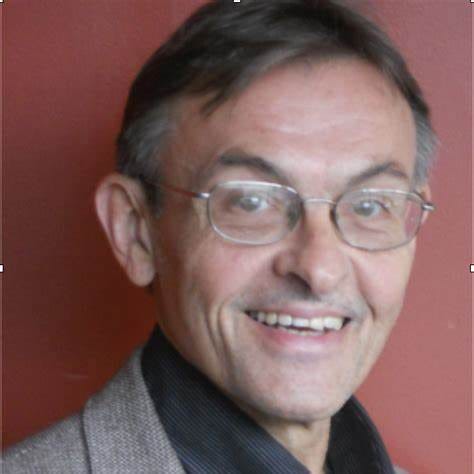Off the Page: Featuring Dr. Lewis Mehl-Madrona
"When we write, we tell our story to an imagined audience. We anticipate their responses and that changes the story we tell."
For over two decades, I have supported writers as an editor, publicist, and mindfulness-based book coach, at various publishing houses, universities, corporations, and organizations. Through this journey, I’ve discovered that the quality of a writing life extends far beyond merely putting words on a page. It encompasses all the activities we engage in when we’re not writing. This insight inspired me to create Off the Page: Conversations About Writing as a Practice, where I feature writers sharing their diverse routines—from yoga and meditation to walking, reading, and even Olympic weightlifting. There’s no one-size-fits-all approach to writing, and there are as many ways to forge a writing life as there are humans on the planet.
This week I'm delighted to introduce my friend, colleague, and trusted guide, Dr. Lewis Mehl-Madrona, author, physician and trailblazing teacher.
Lewis Mehl-Madrona, MD, a Stanford-trained physician in family medicine, psychiatry, and clinical psychology, integrates Indigenous healing traditions with modern medicine. He has served on various medical school faculties, most recently as an associate clinical professor at the University of New England. Author of Coyote Medicine, Narrative Medicine, and Remapping Your Mind (with Barbara Mainguy), Lewis explores the healing power of storytelling and Indigenous wisdom in health care. He currently works at Northern Light Acadia Hospital and Eastern Maine Medical Center and leads the Coyote Institute for Studies of Change and Transformation. His podcast, Howling Coyote, is available on iTunes, Spotify, and YouTube.
LW: How is writing a healing practice?
LMM: When we write, we tell our story to an imagined audience. We anticipate their responses and that changes the story we tell. Each time we tell our stories, they change, hopefully in a better direction. When we read what we wrote, we gain insight into the stories we are enacting with increased likelihood of change.
LW: What is the difference between “traditional writing” and “writing with a healing intention?:
LMM: I don’t think their different. Even writing a horror novel will tell me something about myself and my worldview.
LW: What role does movement play in your writing life? Do you return to any somatic practices, mindfulness exercises, or other rituals before or after you write?
LMM: Movement for me happens at the gym in the mornings. Mostly I write in the evenings after work. The practices are complimentary in the sense of bookends.
LW: What role does meditation play in your creative life?
LMM: I also meditate in the mornings and sometimes at work when it’s particularly stressful. Sometimes ideas come to me.
LW: Where do you find inspiration?
LMM: Nature, ceremonies, friends, conversations, books, poetry, movies, clients, dogs, etc
LW: How has sharing your work changed your life?
LMM: I get to speak at conferences and do workshops!
LW: What writers have influenced you the most?
LMM: Thomas King, Leslie Marmon Silko, Sherman Alexis, Michel Foucault, Evan Thompson,
LW: What book are you excited to read next?
LMM: I’m re-reading Ceremony, also Sapiens, and The Inconvenient Indian
LW: Is there anything else you’d like us to know?
LMM: I'm excited to announce a hands-on Indigenous Energy Medicine workshop in New York City on November 16-17, hosted with Barbara Mainguy and Bob Vetter at Knosis. Join us for a weekend of embodied healing practices rooted in storytelling, bodywork, and sacred ceremony, all designed to foster balance and wholeness. This workshop is open to all levels, and you'll gain practical techniques to apply immediatelyLearn more here.
Learn more about Dr. Mehl-Madrona’s work here.





